News and features
Read the latest news and features about our world-leading research, discoveries, fundraising and philanthropy. If you want to keep updated on our news, you can follow us on social media or sign up for our Search newsletter.
If you’re a journalist and want to find out more, you can contact our media relations team.

Urinary and sexual side effects less likely after advanced radiotherapy than surgery for advanced prostate cancer patients
Men with prostate cancer are less likely to experience urinary and sexual side effects two years after treatment with an advanced type of radiotherapy than surgery, according to researchers from The Royal Marsden NHS Foundation Trust and The Institute of Cancer Research, London.
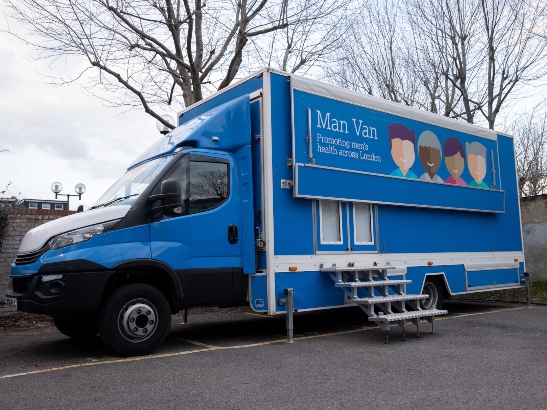
Mobile health checks could speed up diagnosis of prostate cancer
Data from a pilot study suggestthe ‘Man Van’, an innovative targeted outreach programme, could improve healthcare access for men and potentially speed up the detection of prostate cancer.

Strong family history of prostate cancer linked to better survival
Being aware of a strong family history of prostate cancer is linked to an increased chance of surviving the disease, new research suggests.
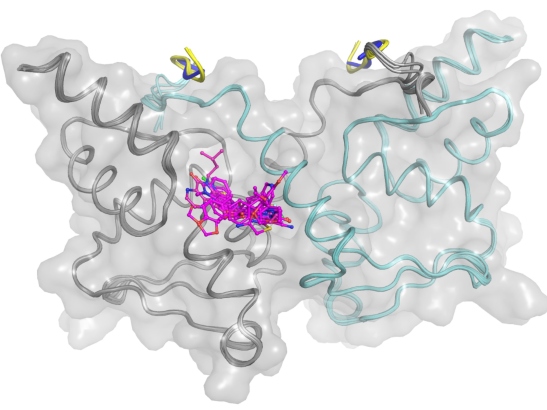
Researchers discover potential new series of cancer drugs targeting cancer-driving protein BCL6
Scientists have revealed details of the discovery of new inhibitors of the BCL6 protein, which is involved in driving several cancer types including the blood cancer B-cell lymphoma.

Drug discovery researcher Professor Paul Workman awarded prestigious AAAS Fellowship
Professor Paul Workman, former Chief Executive and President of The Institute of Cancer Research, London, from 2014 to 2021, has been elected as a Fellow of the American Association for the Advancement of Science (AAAS), one of the most distinguished honours in the scientific community.
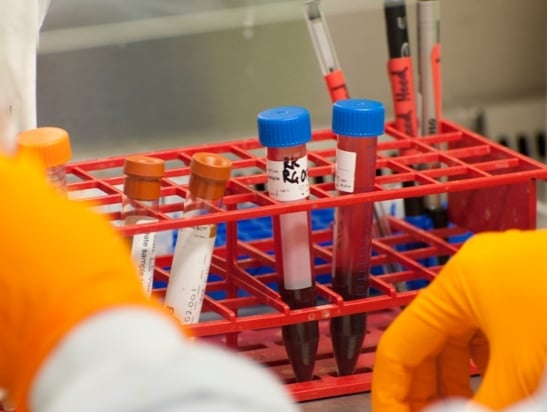
Experts call for better cancer tests to tailor treatment
Greater use of cancer tests is the key to tailoring use of new treatments for patients more precisely and so increasing their chances of being recommended for use within the NHS, experts say.

Travel boost for The London Cancer Hub as number of trains set to double
The number of trains serving The London Cancer Hub’s local rail station, Belmont, is set to double thanks to £14m from the Government’s Levelling Up Fund.
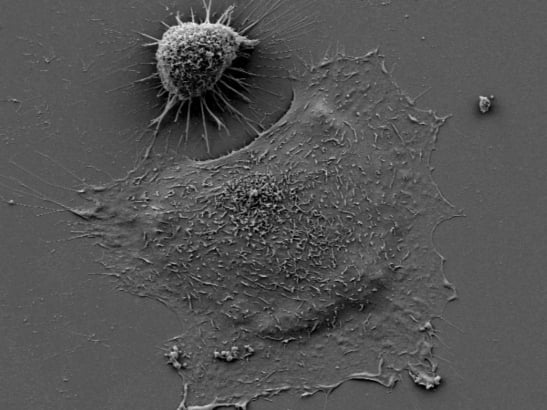
Cancer cells shrink or super-size to survive
Cancer cells can shrink or super-size themselves to survive drug treatment or other challenges within their environment, researchers have discovered.

Scientists behind breast cancer gene discovery honoured with new plaques
The team of scientists who made a ground-breaking gene discovery which transformed the field of cancer research have been celebrated with the unveiling of two commemorative plaques in London today. The plaques pay homage to the 41 scientists who made the landmark discovery of the BRCA2 cancer gene at the ICR in 1995.

“A challenge for a challenge”: Meet the cyclists funding our secondary breast cancer research
Cyclist Christine O’Connell set up the One More City campaign shortly before she was diagnosed with stage 4 breast cancer in 2018. She and her teammates are now riding to fund a PhD studentship at The Institute of Cancer Research.
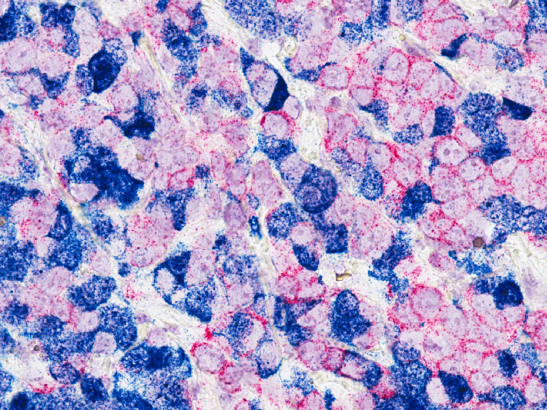
Targeting cancer-supporting cells boosts immunotherapy in previously insensitive tumours
Removing a single protein from cells that surround tumours can improve the sensitivity of certain cancers to immunotherapy, researchers have found.
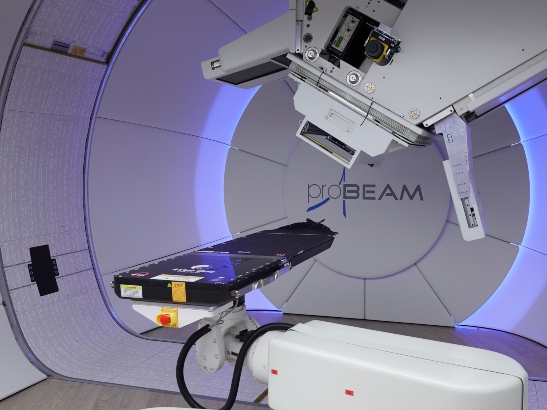
First UK proton beam therapy trial for breast cancer launches
The first UK trial to test the benefits of proton beam therapy for certain patients with breast cancer has launched in the UK. The trial will compare proton beam therapy – which can target radiotherapy beams more precisely – with standard radiotherapy for patients who are at greater risk of long-term heart problems after radiotherapy treatment.
